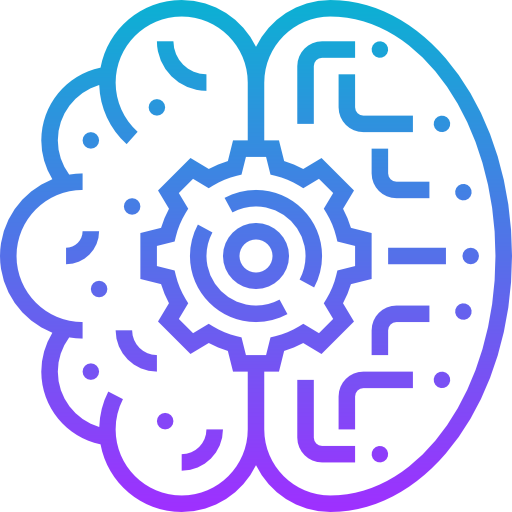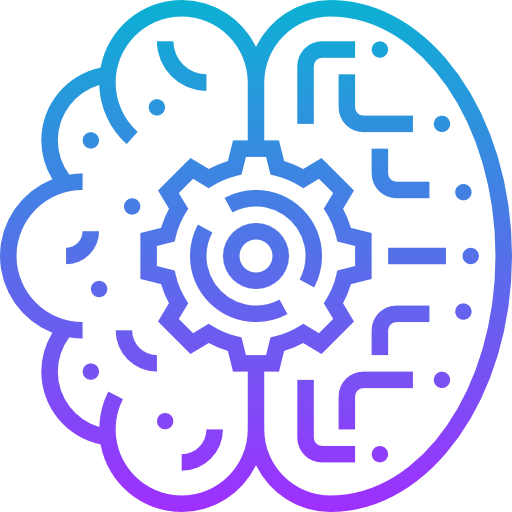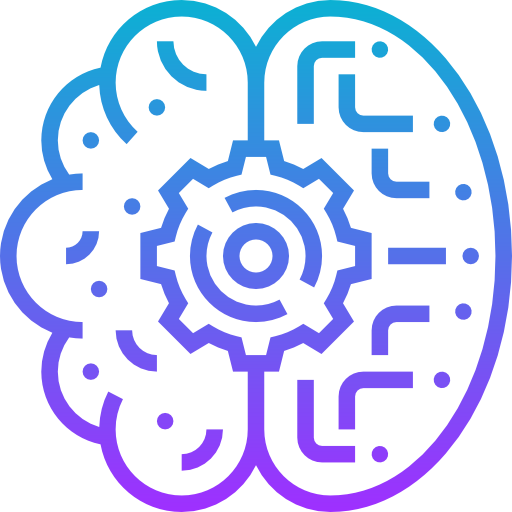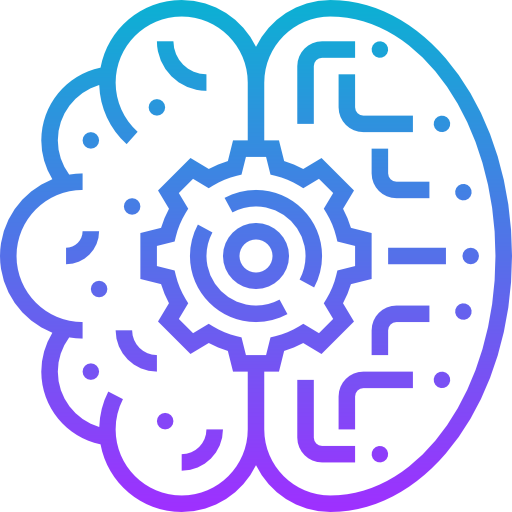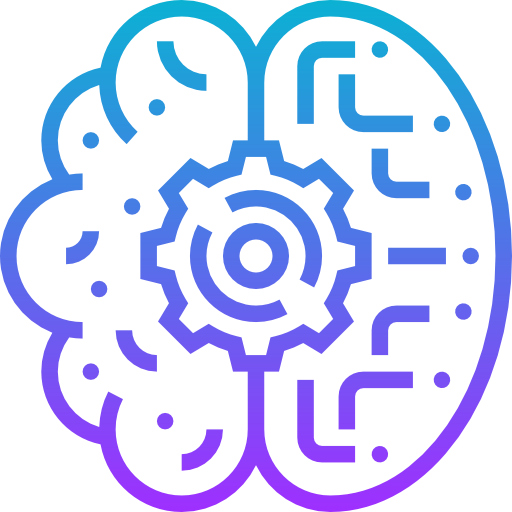How Open-Source Tools Can Transform Quality Management Systems in Hospitals - 60+ Solutions
Table of Content
As a medical doctor by education and practice who has transitioned into the world of tech as a developer and consultant, I’ve witnessed firsthand how technology can bridge critical gaps in healthcare systems. Open-source software, in particular, has proven to be a game-changer for hospitals aiming to deliver better quality services and adopt value-based care models.
Below, I’ll explore how open-source solutions can enhance various aspects of a hospital’s Quality Management System (QMS), driving improvements in patient satisfaction, loyalty, and overall service delivery.
Appointments and Scheduling
Efficient scheduling can significantly reduce patient waiting times and streamline hospital operations. Open-source tools like EasyAppointments or Baikal can help hospitals manage appointments effectively. These tools allow for multi-provider scheduling, automated reminders, and integration with other systems, improving accessibility and reducing no-shows.
For event-based scheduling, hospitals can also explore these open-source event management tools for managing workshops, training, and internal events.
Reporting
Accurate reporting is crucial for monitoring clinical outcomes, infection rates, and operational efficiency. Open-source reporting tools like Metabase or Grafana enable hospital quality teams to create insightful dashboards and generate customized reports.
These tools can integrate with existing hospital databases, offering real-time insights and helping management make data-driven decisions.
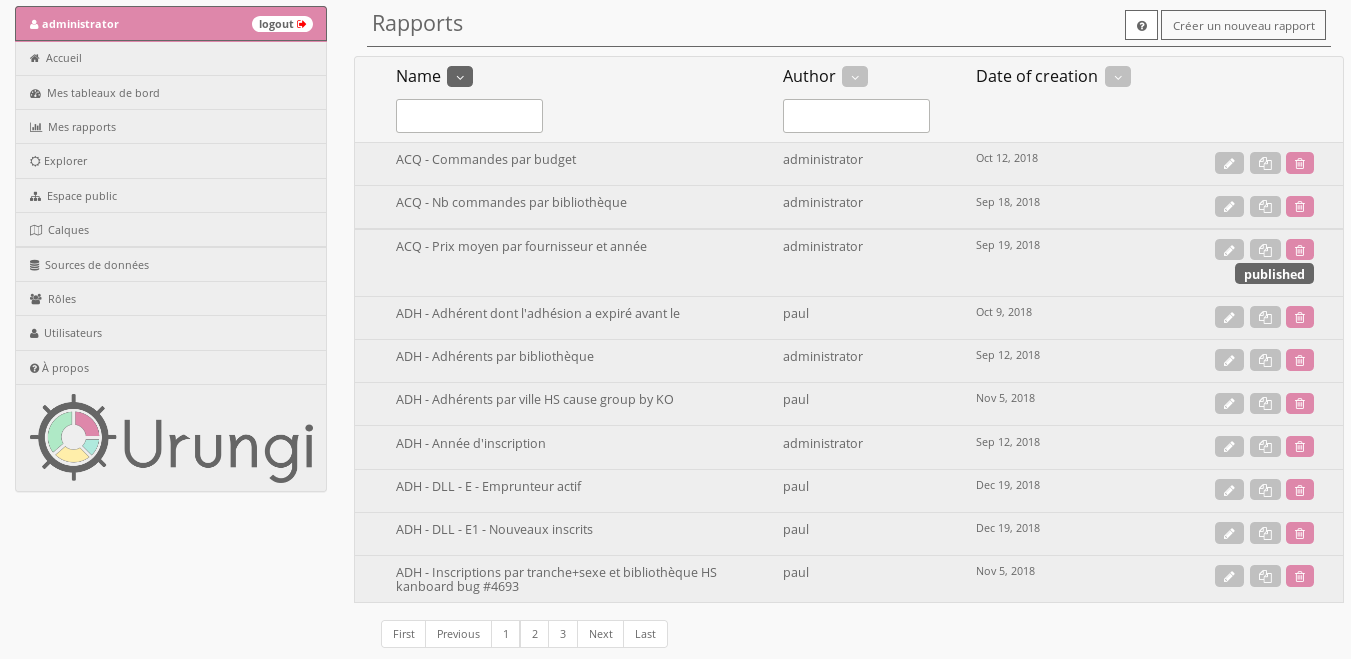
Survey: Data Collection and Patient Feedback
Patient surveys are a cornerstone of value-based care, providing critical insights into patient satisfaction and loyalty. Hospitals can use open-source survey tools like LimeSurvey or Nextcloud Forms for collecting structured feedback. For more alternatives, check out this list of Google Forms alternatives. These tools empower quality teams to gather actionable data without relying on proprietary platforms.
For patient satisfaction polls or real-time feedback collection, consider these poll generators, which are open-source, customizable, and cost-effective.

Messaging and Communication
Effective communication is vital for seamless operations in a hospital. Open-source communication tools like Mattermost or Rocket.Chat can replace proprietary options like Slack or Microsoft Teams. They offer secure, self-hosted messaging solutions for internal teams, ensuring compliance with healthcare regulations. Explore more self-hosted chat tools for enhancing team collaboration.
For telehealth and virtual consultations, consider these Zoom and Google Meet alternatives, which prioritize patient privacy and reduce reliance on costly subscription models.
Clinical Decision Support Systems (CDSS)
CDSS platforms provide healthcare professionals with real-time clinical guidelines and decision support. Open-source tools like OpenCDS or ArdenSuite enable hospitals to implement evidence-based practices, minimizing errors and improving patient outcomes.
These systems can be tailored to meet specific clinical requirements, integrating seamlessly with existing workflows.
LLMs for EMR/EHR Integration
Large Language Models (LLMs) can augment EMR/EHR systems by enabling advanced querying, summarizing patient records, and improving clinical workflows. Open-source projects like FHIR NLP or custom implementations using Hugging Face Transformers can bring AI-powered insights to healthcare providers, ensuring a patient-centric approach while maintaining data security.


Patient Portals
Patient portals are essential for enhancing patient engagement and loyalty. With tools like WordPress (using plugins) or Odoo, hospitals can build fully customizable portals that offer appointment booking, test result viewing, and direct messaging with healthcare providers. Read more about why every hospital needs a patient portal.

Open-Source Tools for Hospital Quality Teams
- Project Management Tools: Tools like OpenProject or Kanboard allow hospital quality teams to manage tasks, deadlines, and collaborations effectively. Learn more about open-source project management tools.
- Infection Control Software: Open-source platforms like Epi Info help track infection trends and analyze outbreak data, supporting infection control teams in maintaining safety standards.
Conclusion
Adopting open-source tools is not just a cost-effective solution; it’s a strategic move towards innovation and sustainability in healthcare.
These tools empower hospitals to deliver high-quality services while aligning with value-based care principles. By leveraging the power of open-source, hospitals can enhance patient satisfaction, improve operational efficiency, and build loyalty among patients and staff.
For more insights into value-based care and its connection to patient feedback, check out this practical guide. Embracing open-source is no longer optional—it’s the future of quality healthcare.





